Introduction
Dogs are cherished members of our families, providing unconditional love and companionship. As devoted dog parents, it's natural to be curious about our canine companions' behaviors, including their penchant for snoozing. Have you ever wondered why your furry friend seems to spend more time sleeping than being awake? Let's embark on a journey to unravel the mysteries behind your dog's sleep habits.
Getting to Know Your Furry Friend
Every dog is unique, with individual personalities and preferences. Understanding your dog's breed, age, and health status is crucial in deciphering their sleep patterns.
Unraveling the Mystery of Canine Sleep
Dogs, like humans, go through different sleep cycles, ranging from light napping to deep REM sleep. But what factors influence how much shut-eye your dog needs?
Age and Life Stage: Puppies to Seniors
Just like human babies, puppies require more sleep than adult dogs. As they grow, their sleep patterns evolve, eventually settling into a routine that suits their age and energy levels.

Breed Differences: Small vs. Large Breeds
Breed size can also impact sleep requirements. Smaller breeds tend to have higher energy levels and may nap less than larger breeds, who often enjoy lounging for extended periods.
Health and Wellness: How Physical and Mental Health Affects Sleep
A dog's overall health directly influences their sleep quality. Physical ailments, such as arthritis, can disrupt sleep, while mental stimulation and exercise contribute to a well-rested pup.
Diet and Nutrition: Fueling Your Dog's Rest
A balanced diet plays a crucial role in promoting healthy sleep. Providing nutritious meals and monitoring treat intake can help regulate your dog's energy levels throughout the day.
Napping vs. Deep Sleep: Deciphering Your Dog's Sleep Stages
Dogs experience various sleep stages, including light napping and deep REM sleep. Understanding these stages can help you recognize when your dog is in need of rest or experiencing a vivid dream.
Dreaming: Do Dogs Dream Like Humans?
Have you ever noticed your dog twitching or making noises while sleeping? It's believed that dogs experience dreams, similar to humans, often replaying events from their day or engaging in imaginary play.
Sleeping Positions: Insights Into Your Dog's Comfort
From curled up balls to sprawling out on their backs, dogs have a repertoire of sleeping positions that reflect their comfort and security. Paying attention to your dog's preferred position can provide insight into their mood and well-being.

Hours of Sleep: How Much is Normal for Your Dog?
On average, dogs sleep anywhere from 12 to 14 hours a day, with puppies and seniors needing even more. However, individual variations exist based on breed, age, and lifestyle factors.
Sleep Quality: Signs of a Well-Rested Pup
A content and well-rested dog exhibits signs of vitality and alertness during waking hours. Bright eyes, a wagging tail, and enthusiasm for play are indicators of quality sleep.
Bedding and Resting Areas: Providing Comfort and Security
Creating a cozy and inviting sleeping environment is essential for your dog's well-being. Invest in a comfortable bed and designate a quiet, secure area where your dog can unwind without disturbances.
Temperature and Lighting: Optimal Conditions for Sleep
Maintaining a comfortable room temperature and minimizing exposure to bright lights can promote restful sleep for your dog. Consider adjusting the thermostat and using blackout curtains to create a serene sleep environment.
Excessive Sleeping: When to Worry
While it's normal for dogs to sleep a lot, excessive or sudden changes in sleep patterns could indicate underlying health issues. If you notice significant deviations from your dog's usual sleep routine, consult your veterinarian for guidance.
Disrupted Sleep Patterns: Identifying Potential Issues
External factors, such as loud noises or disruptions to routine, can impact your dog's sleep. Pay attention to any changes in behavior or environment that may be affecting their ability to rest peacefully.
Conclusion
Understanding why dogs sleep so much is essential for providing optimal care for our furry companions. By recognizing the factors influencing their sleep habits and creating a conducive sleep environment, we can ensure that our dogs enjoy restful nights and vibrant days filled with joy and vitality.
FAQs (Frequently Asked Questions)
-
How much sleep is normal for a dog?
- On average, dogs sleep around 12 to 14 hours a day, but this can vary based on factors like age, breed, and health status.
- On average, dogs sleep around 12 to 14 hours a day, but this can vary based on factors like age, breed, and health status.
-
Should I be concerned if my dog sleeps a lot?
- While dogs naturally sleep a lot, significant changes in sleep patterns or excessive sleeping could indicate underlying health issues and should be discussed with a veterinarian.
- While dogs naturally sleep a lot, significant changes in sleep patterns or excessive sleeping could indicate underlying health issues and should be discussed with a veterinarian.
-
Do dogs dream like humans?
- Yes, dogs do experience dreams during REM sleep, often replaying events from their day or engaging in imaginary play.
- Yes, dogs do experience dreams during REM sleep, often replaying events from their day or engaging in imaginary play.
-
How can I create a comfortable sleep environment for my dog?
- Provide a cozy bed in a quiet, secure area, maintain a comfortable room temperature, and minimize exposure to bright lights.
- Provide a cozy bed in a quiet, secure area, maintain a comfortable room temperature, and minimize exposure to bright lights.
-
What should I do if my dog's sleep patterns are disrupted?
- Identify and address any external factors that may be causing disturbances, such as loud noises or changes in routine, and consult with a veterinarian if the issue persists.


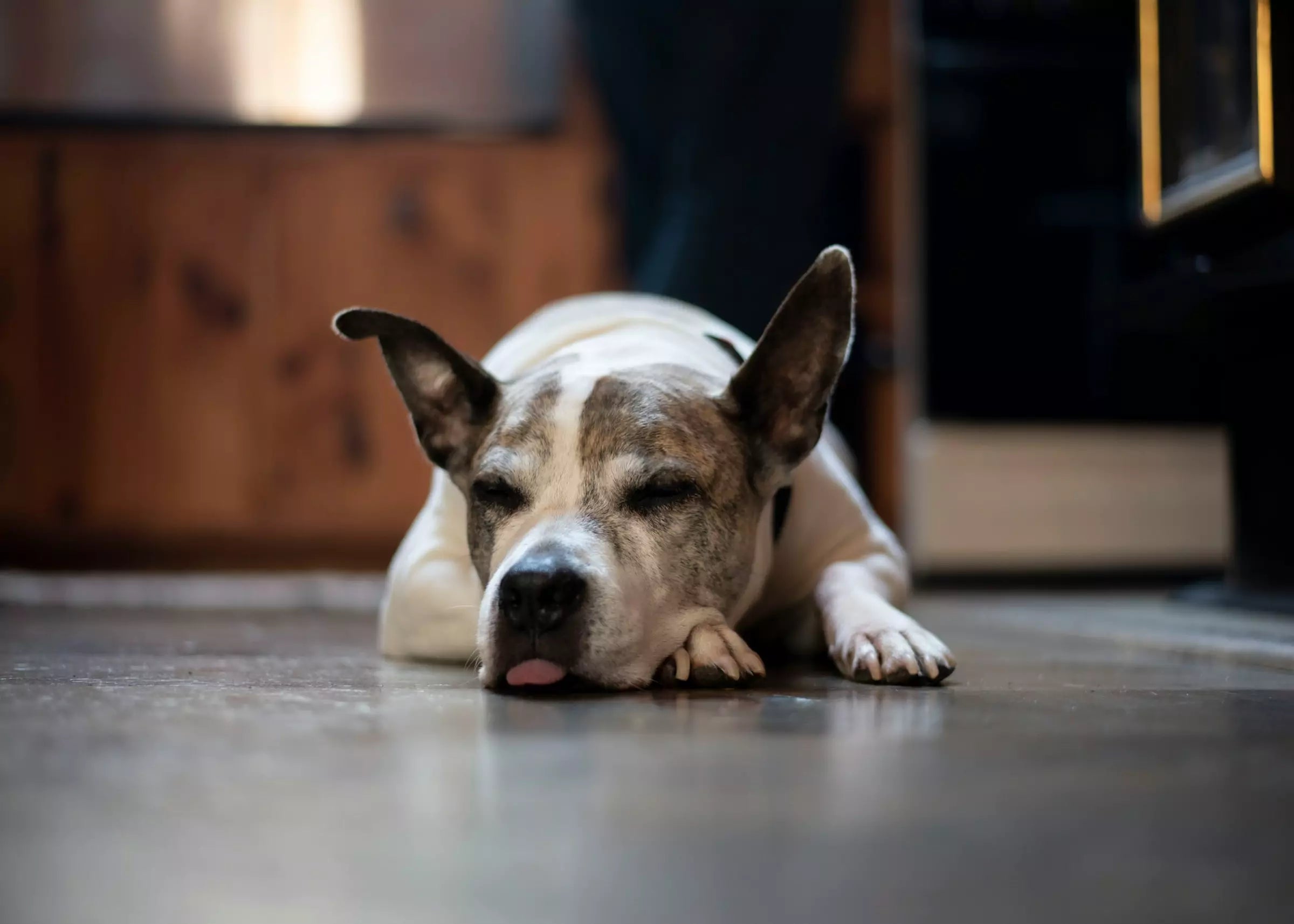
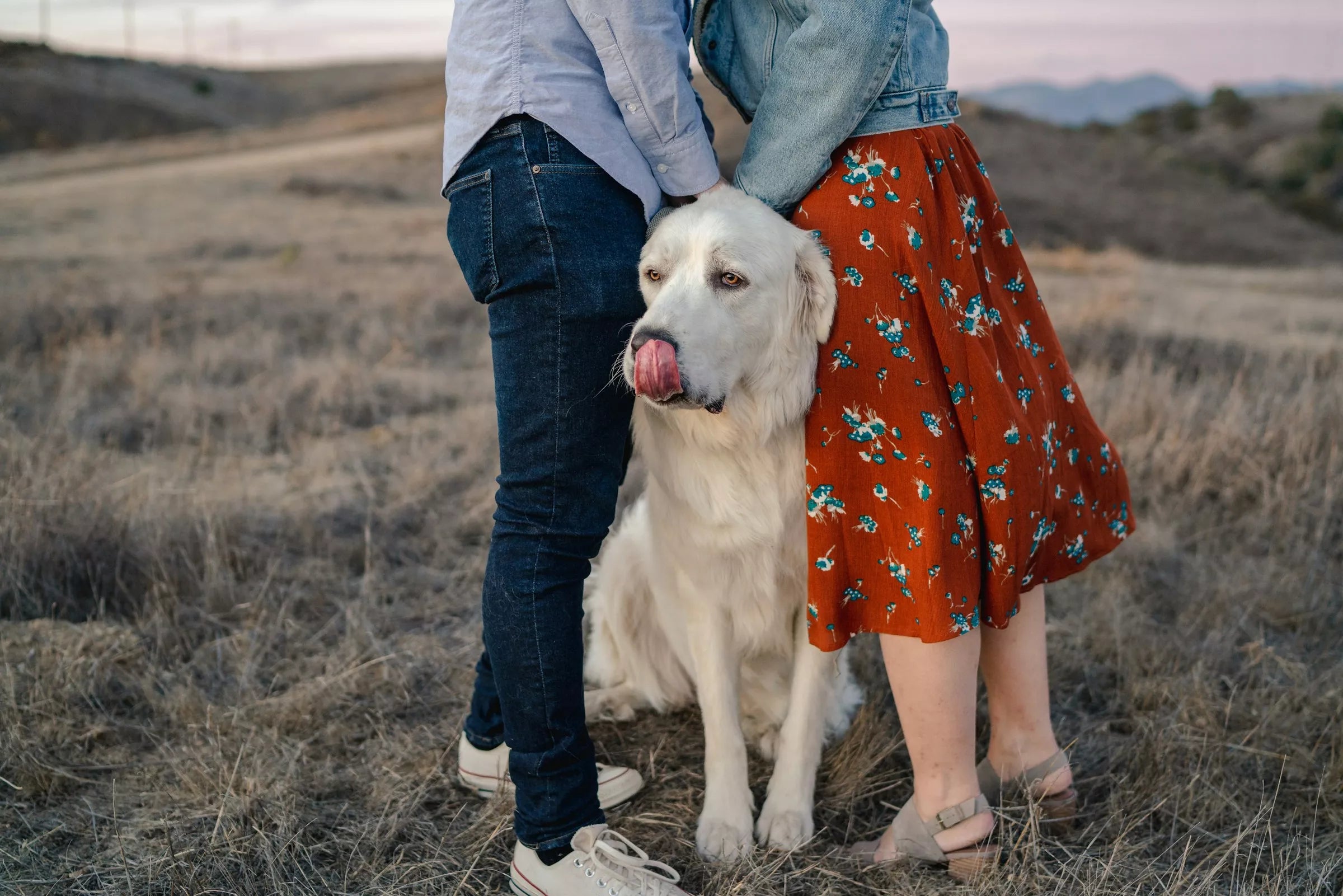
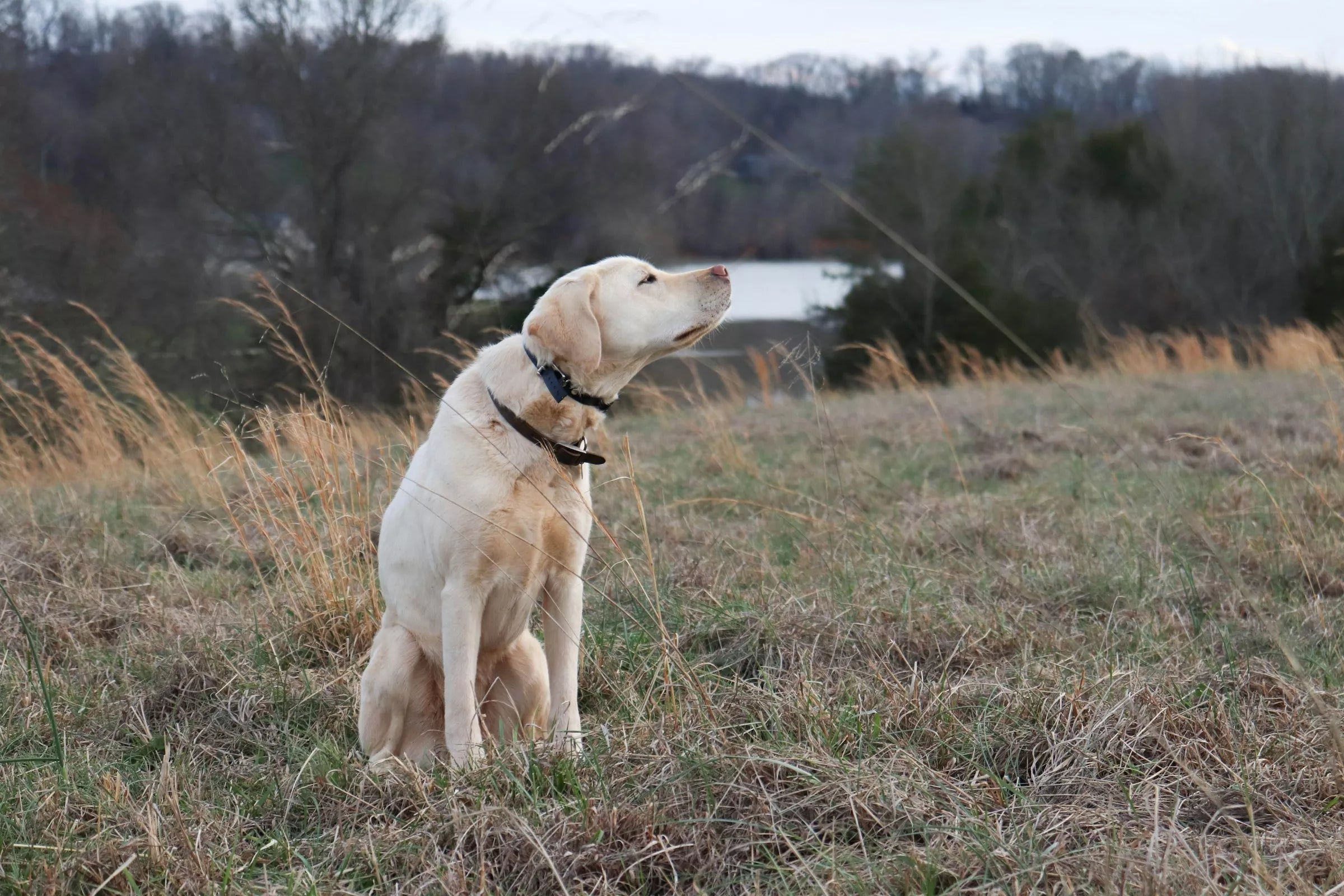
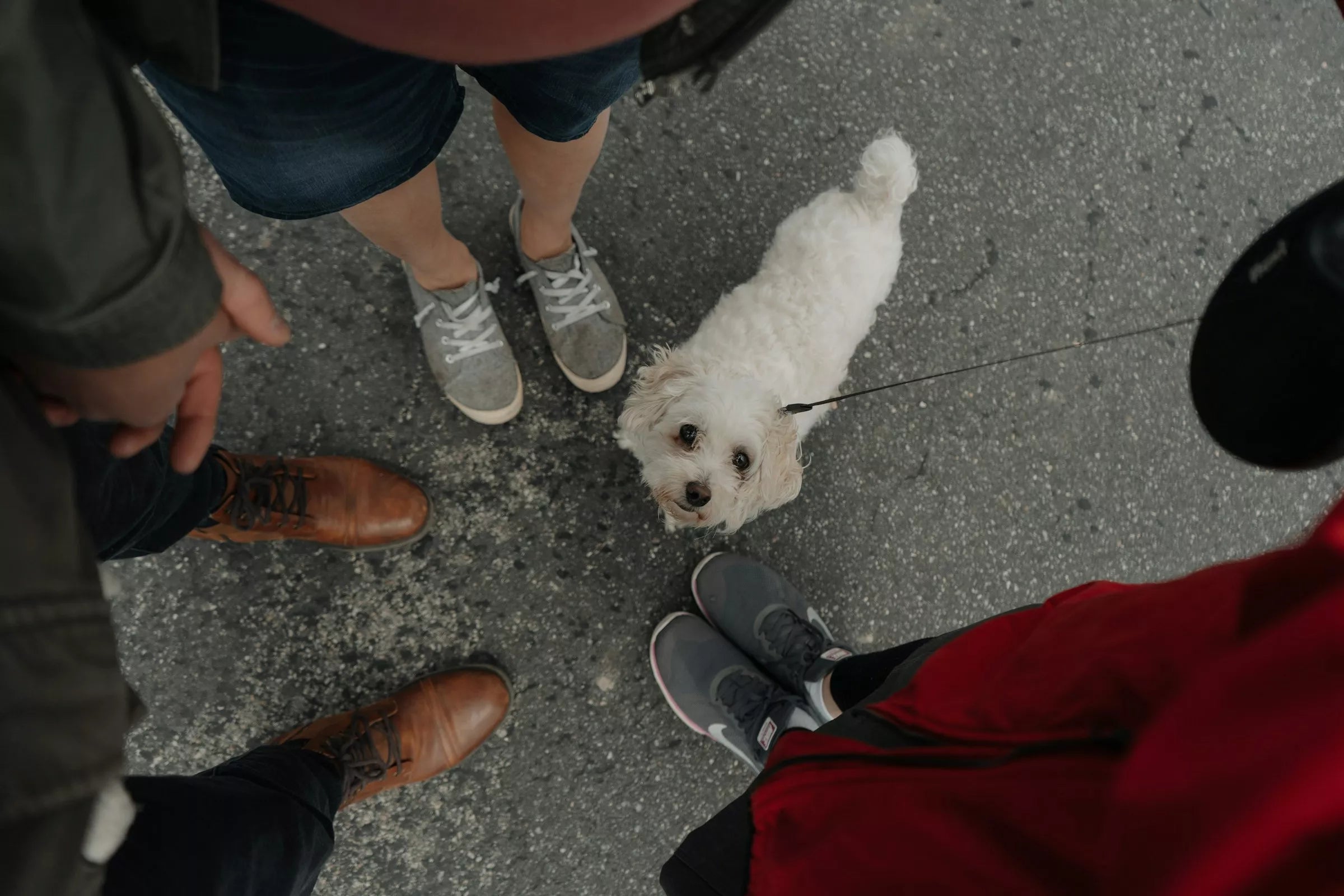
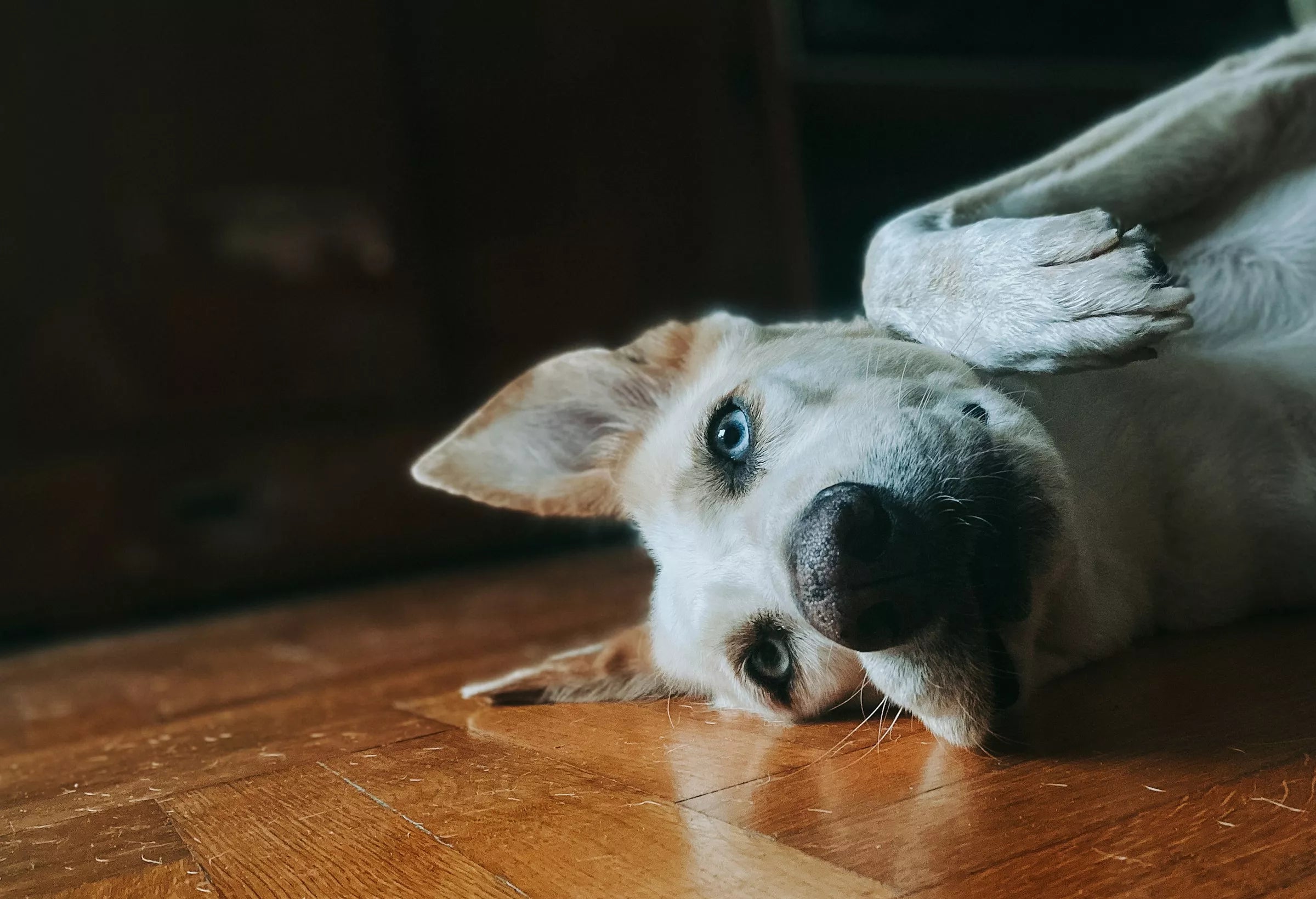
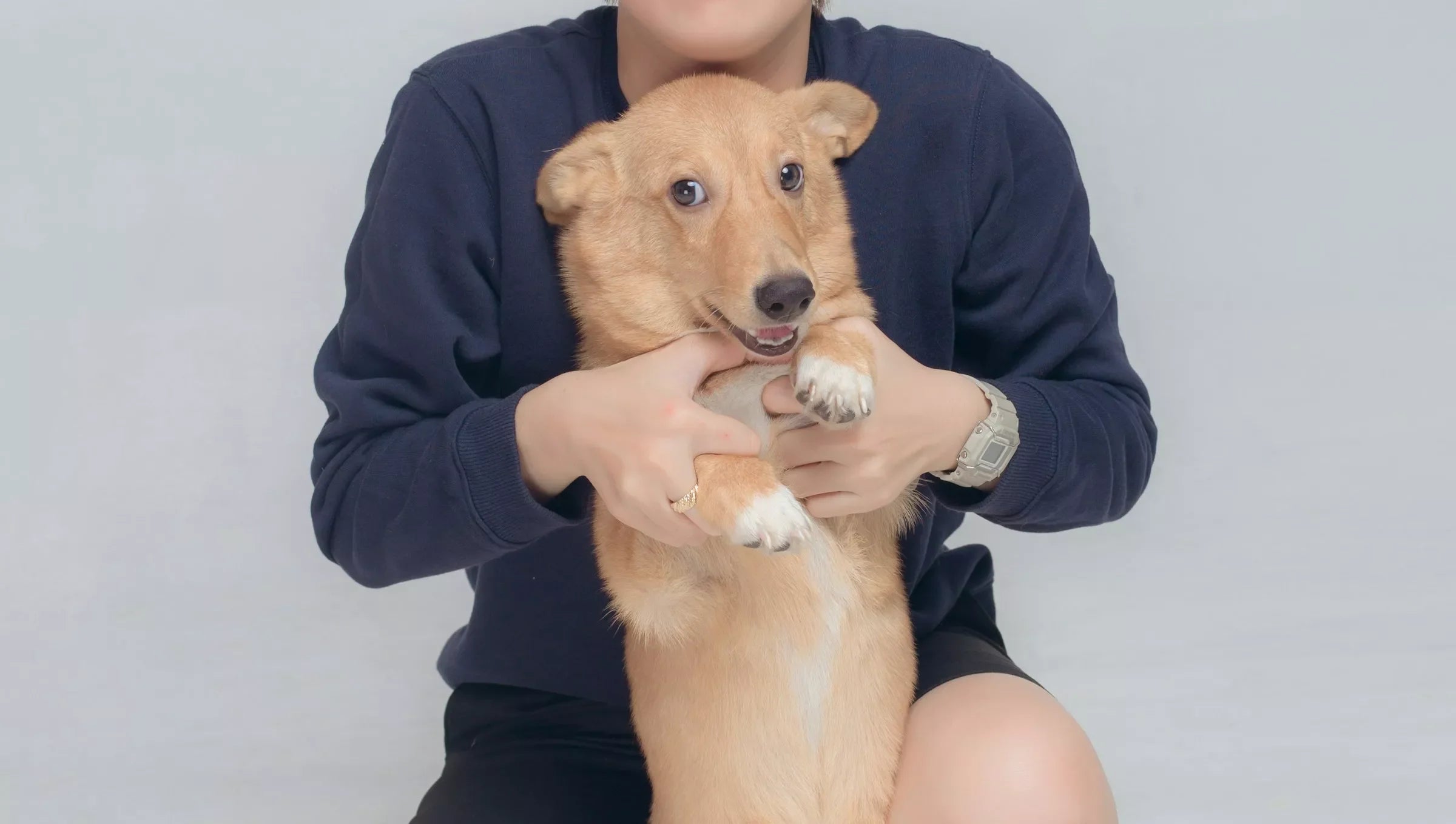
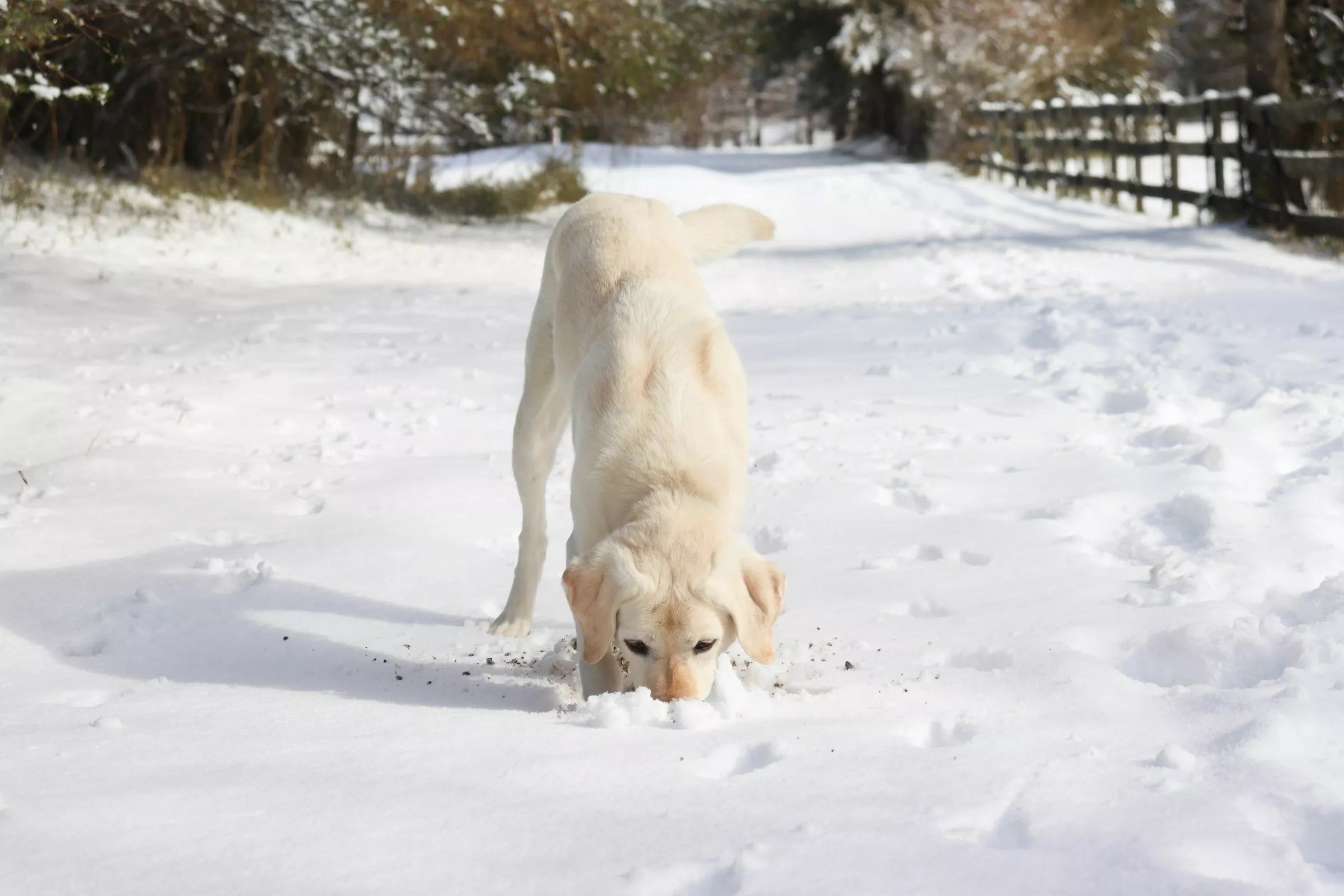






Share:
Can Dogs Without Shots Go Outside?
Should Dogs with Hip Dysplasia Run?